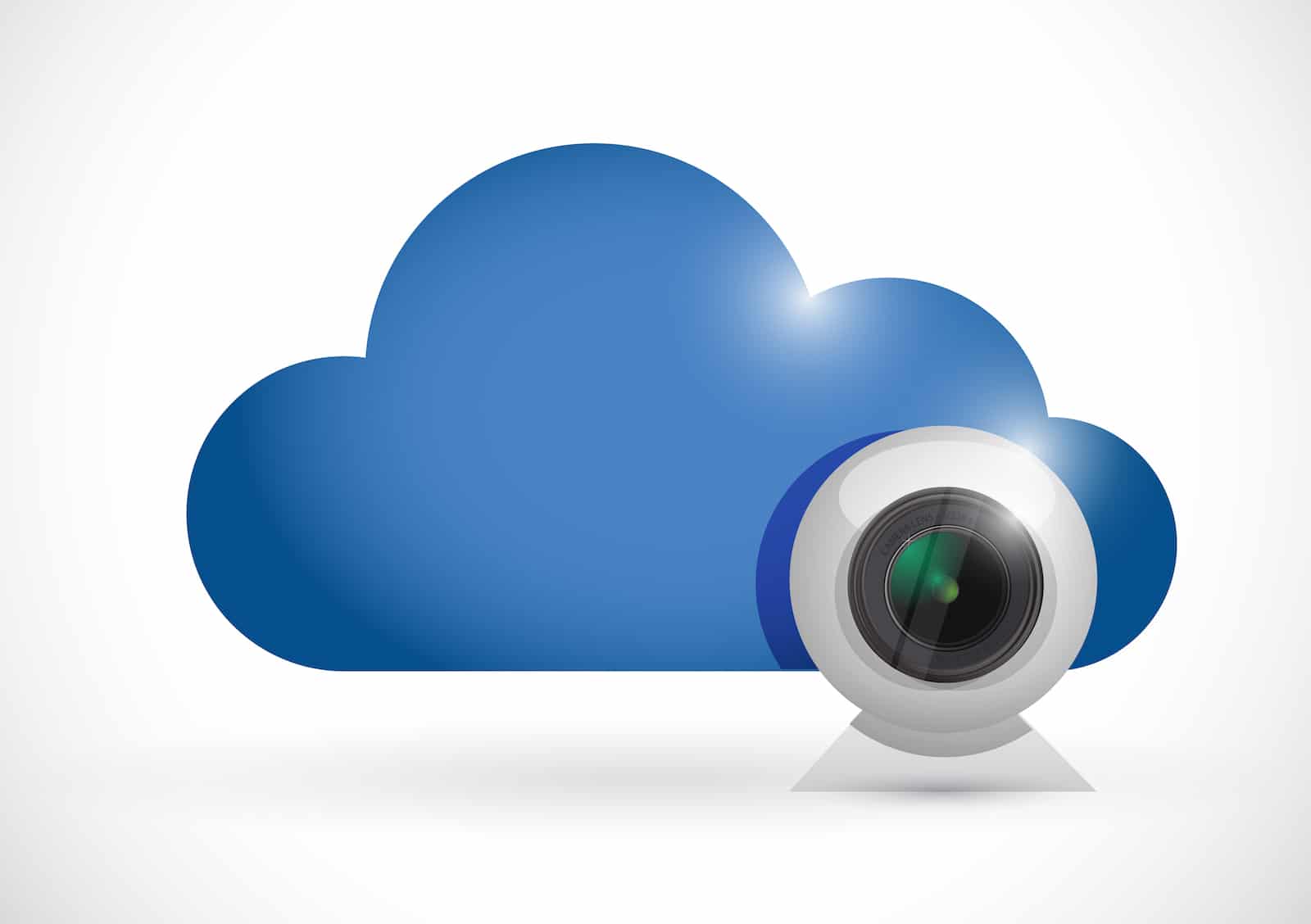VSaaS (Video Surveillance as a Service) and ACaaS (Access Control as a Service) services realized substantial growth in 2016 and now look set to finally achieve the much vaunted predictions made in previous years about their potential to become multi-billion markets.
The global market size for VSaaS in 2013 was approximately $300m but since then it has grown quite rapidly to approximately $700m in 2015 and is projected to reach approximately $1000m in 2017, at a CAGR of 19%.
Cloud based VSaaS and ACaaS represent an opportunity to help alleviate the constant pressure on margins in the physical security business today. The business is moving to tackle the technological limitations with many new products & services being offered, that include advanced analytics.
Experts have claimed for some time that the technical barriers of upstream bandwidth and relative cost of centralized storage could be solved. IoT and Big Data have also heavily influenced the global security business and cloud based services will begin to offer much improved benefits to customers and a better ROI.
But the real problem has been persuading the installers and system integrators that there was something in it for them. There have been some positive movements here in the last 12 months and although many still prefer to go for hosted services, they are investigating how they could get finance to invest in VSaaS and ACaaS services.
One leading financial institution that that specializes in investing in the physical security industry, Capital One is very bullish about the business opportunities to be had in VsaaS and ACaaS. Last year they carried out a survey of security system professionals that showed that 85% of respondents expect improved financial performance through Video monitoring and Video Surveillance-as-a-service (VSaaS).
Their article claimed, “that with new video technologies, companies can offer commercial clients more ways to customize applications and analytics. These new capabilities are revolutionizing the security industry, strengthening traditional monitoring and offering valuable consumer insights. They are able to deliver more sophisticated data and analytics that are helping these companies not only update their security processes but also sharpen their customer insights and business strategies”.
Private equity looks to have a genuine interest in investing in VSaaS and ACaaS and this raises the stakes — and the competition — across the video and access control segment, potentially driving up the value of companies and funding the next generation of technologies and innovation.
With ACaaS, end users no longer need internal IT departments to build up and maintain the servers and infrastructure at the business facility and incur a very high operating costs. With cloud-based solutions, onsite servers and appliances are eliminated thus reducing the total cost of ownership while not losing any functionality. ACaaS has penetrated the small to medium building sector where tenants favour a regular monthly rental payment rather than a one off payment, which includes service and maintenance of hardware and software.

Growth in demand must surely prove that some of the roadblocks are gradually being removed. Bandwidth prices have been dropping, and peak speeds have been increasing, making VSaaS potentially more viable in larger markets. A bigger help to VSaaS may be the emergence of Smart CODECs and H.265. These technologies can help reduce the amount of bandwidth the cameras consume, potentially overcoming the bandwidth or data cap barriers.
Analytics is now regarded as one of the key components that will determine the future of physical security. End users are showing a great interest in the use of neural networks and deep learning and at this time, these algorithms require the cloud to be most effective.
The future of VSaaS and ACaaS will depend upon whether it meets the customers value propositions benchmarked against buying and operating their own system. The first major plus is that VSaaS is continually monitoring the system 24/7. Because of this they are put right in the event of a failure. Paying through a monthly service charge ensures that this is done promptly so reliability improves. This should ensure that the quality of the video is satisfactory for forensic purposes and that all aspects of usability (like how do you retrieve the video and share it) are taken care of.
Whilst these value propositions are more likely to be critical in large prestige buildings where the consequences of failure would be very costly and detrimental to the operation in the building, some reports show a high rate of resistance here because they have already invested significant sums of money in their own equipment and have the staff on board to operate it.
Most followers of VSaaS believe that the small and medium building sector offers the most attractive proposition for buyers because they would rather pay a monthly fee for this service than take a one big hit which could limit the investment in their direct business.
Combining VSaaS and ACaaS is attractive in a number of vertical markets. An investment that caught the medias attention was Michael Dell investing in Eagle Eye Networks. Since then Eagle Eye has acquired Brivo a cloud based access control company for $50m. Its cloud-based access control system, with a centralised management and security system for video surveillance cameras, currently services over 6 million users and 100,000 access points.
Security product companies such as Axis, Avigilon, Honeywell, Pelco, Panasonic, Dropcam, Genetec, Digital Barriers and March Networks have all announced offering cloud services and Genetec is porting their Security Center software to run on Microsoft's cloud infrastructure, Azure.
Most new technologies take longer to get off the ground than anticipated and VSaaS is no exception. Axis Communications commented some years ago that “VSaaS faces the same criticisms that IP cameras had when they first went to market. Just like 'they' were wrong about IP cameras, they will be wrong about VSaaS.
This article has been taken from Memoori’s Annual Report - The Physical Security Business 2016 to 2021.
[contact-form-7 id="3204" title="memoori-newsletter"]



